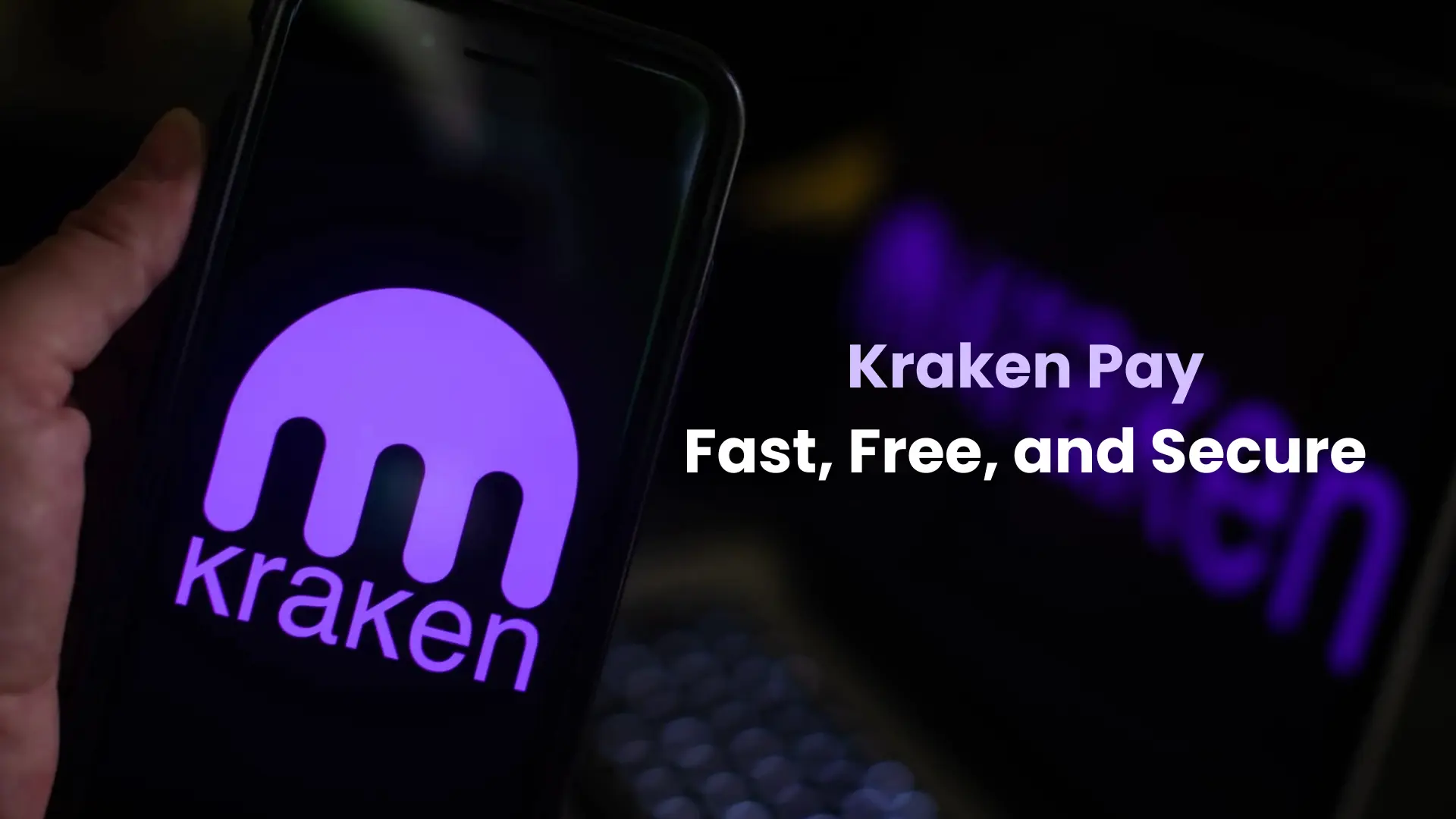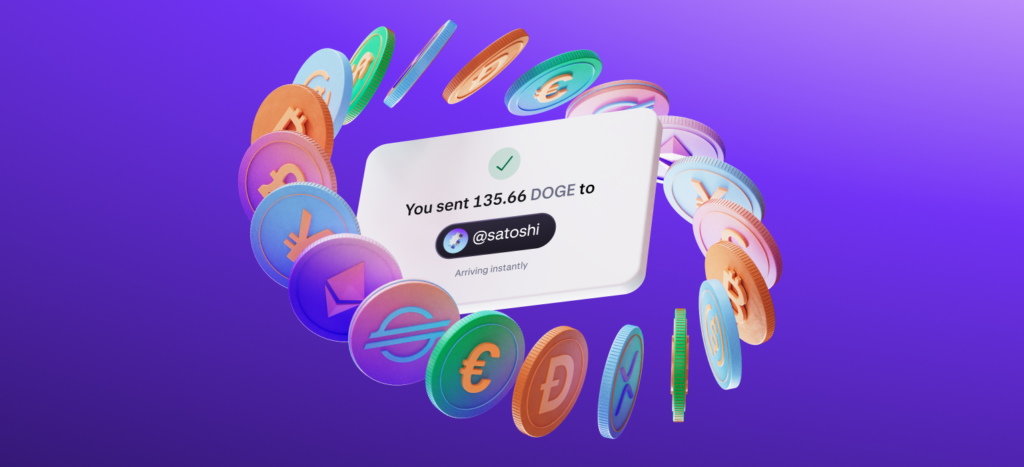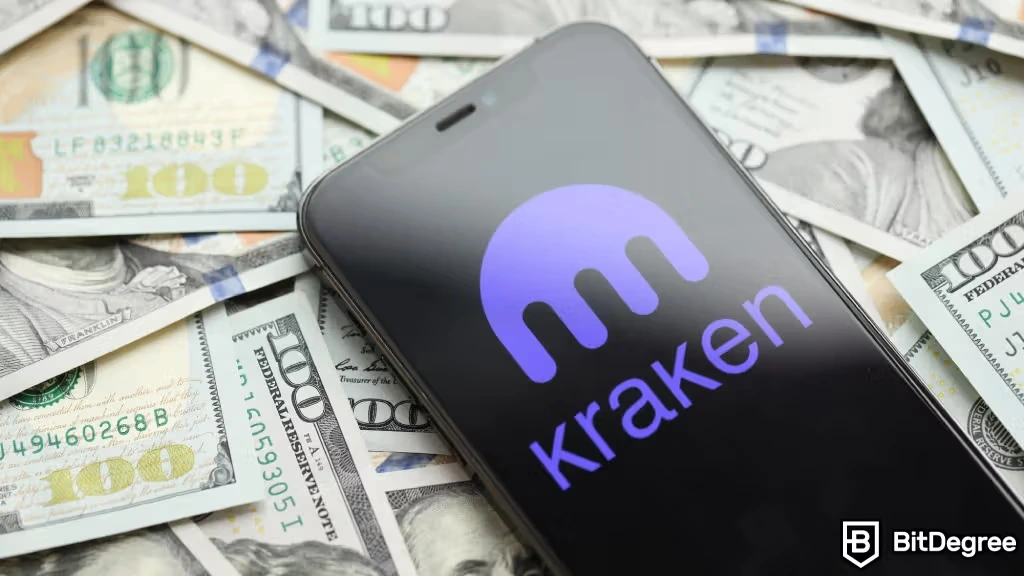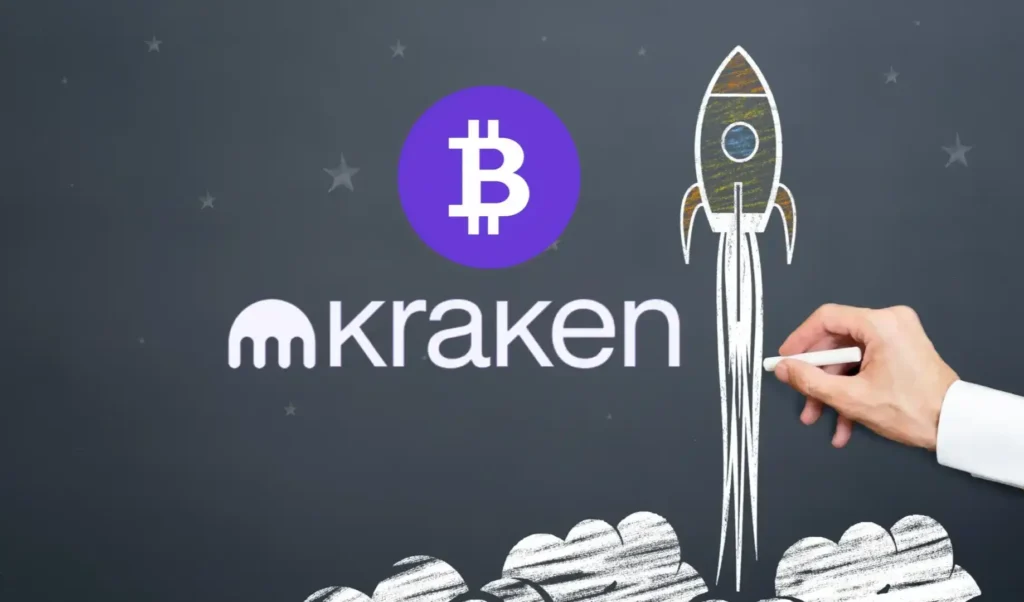
The well-known US-based cryptocurrency exchange Kraken has launched Kraken Pay, a revolutionary payment service that allows users to send and receive money instantly using over 300 fiat and crypto assets. 🌎💰
With this new feature, Kraken users can make transactions seamlessly, whether they’re sending payments across borders or dealing with multiple currencies. This move strengthens Kraken’s position in the digital payment space and makes crypto transactions easier for everyday users.
How Kraken Pay Works
Crypto is no longer just for trading. With Kraken Pay, you can use over 300 cryptocurrencies to pay a friend for last night’s dinner or send money to your family abroad. It’s time to unlock the full potential of your crypto.

Kraken Pay is designed to be simple and efficient. Users just need to choose the currency (either crypto or fiat) they want to send, and Kraken will process the payment instantly. The recipient gets the payment through a secure paylink, which is a unique URL sent via messaging apps like WhatsApp, SMS, or email. 🔗📩
If the recipient is not a Kraken user, they will be prompted to create an account when they click the link. This allows them to receive funds without any hassle, making crypto payments more accessible to everyone.
Meet @Kraktag: Your Unique Payment Identifier 🔖
To simplify payments further, Kraken has introduced @Kraktag, a personalized payment tag that lets users send and receive funds without sharing complex wallet addresses or bank details.

💡 Key Benefits of @Kraktag:
- Users can customize their own @Kraktag
- No need for long wallet addresses or bank account numbers
- Perfect for sending money to friends, family, or businesses
- Ensures secure and easy transactions
Kraken Pay Limits: How Much Can You Send? 📊
Kraken Pay has different transaction limits based on account verification levels and security settings:
✅ Intermediate accounts: Up to $10,000 per 30-day rolling period
✅ Pro accounts (or those with 2FA enabled): Up to $100,000 per 30-day rolling period
❌ Accounts without 2FA: Limited to $100 per 30-day period

Security tip: Kraken recommends enabling Two-Factor Authentication (2FA) to unlock higher transfer limits and protect your funds. 🔐
Zero Fees – But Watch for Conversion Costs!
Kraken Pay is completely free to use – there are no charges for sending or receiving funds. However, if you send a payment in a different currency than what you hold, a conversion fee applies.
🔹 Example: If you hold Bitcoin (BTC) but want to send USD, a small conversion fee will be charged. 🔹 No fees apply if you send funds in the same currency you hold. ✅
How to Enable Kraken Pay ⚙️
To start using Kraken Pay, users need to disable the Global Settings Lock (GSL) in their Kraken account. This step ensures smooth functionality when processing payments. 🛠️
Kraken’s Recent Legal Challenge in Australia 🇦🇺

Despite the excitement around Kraken Pay, the company recently faced legal troubles in Australia. Last month, an Australian federal court fined Kraken’s local operator A$8 million ($5.1 million) for unlawfully providing credit facilities to over 1,100 customers. This incident highlights the regulatory challenges crypto exchanges face globally.
Is Kraken Pay a Game-Changer?
With Kraken Pay, sending and receiving crypto payments has never been easier. Features like @Kraktag, instant transfers, and multi-currency support make it a powerful tool for individuals and businesses alike.

✅ Fast and secure payments
✅ No transaction fees (except for currency conversion)
✅ User-friendly @Kraktag system
✅ Cross-border and multi-currency transactions
As crypto adoption grows, solutions like Kraken Pay are shaping the way for a more seamless and efficient financial future. Are you ready to try it out? 🌎💳🔗
Stay Updated with More Crypto & Forex Insights! 📢
Follow our blog for the latest news, guides, and trends in crypto trading, forex automation, and blockchain innovations! 🚀📈
Disclaimer: This article is for informational purposes only and not financial advice. Always do your own research before investing.
source : kraken blog , CNBC , finance.yahoo , bitdegree , cryptonomist ,cryptopolitan

